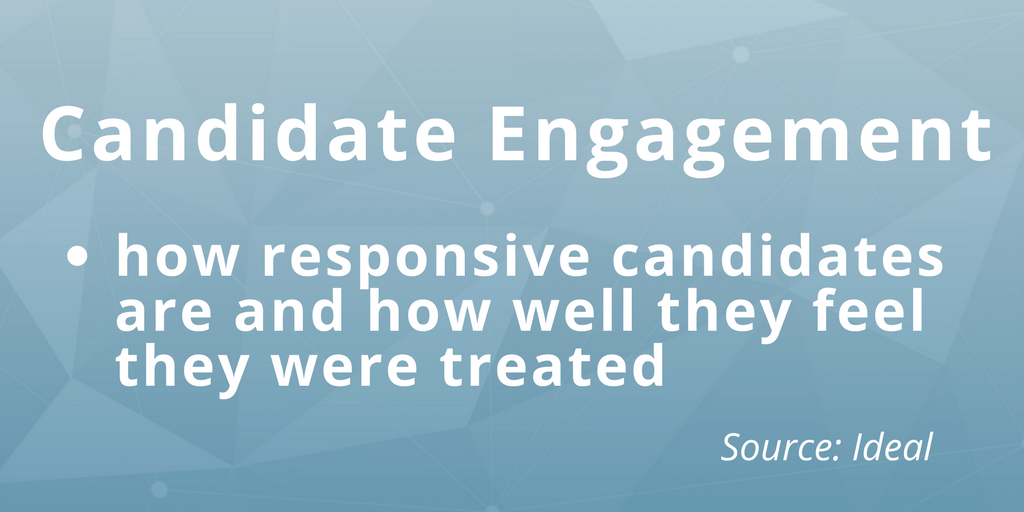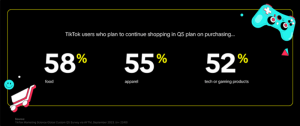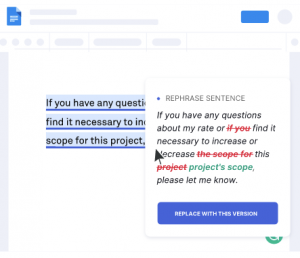— August 28, 2017
Candidate engagement has become a big topic in talent acquisition recently.
Although there isn’t an official definition, candidate engagement generally refers to how responsive candidates are and how well they feel they were treated during the recruiting process.

In various surveys, the majority of job seekers – around 60% – have indicated they received poor treatment during their job search.
A CareerBuilder survey found when job seekers have a bad candidate experience, 42% of them would never apply to that company again and 22% said they would tell other candidates not to work at that company.
With competition for talent tougher than ever, candidate engagement matters. But how do you do it right?
Here are 3 tips to help improve your candidate engagement.
Tip 1: Identify the problems with your candidate engagement
What do job seekers perceive as a bad experience?
Software Advice did some research and found the top complaints candidates have about the application process are:
- An extremely long application
- No confirmation email
- Long hiring process
- Unable to contact a recruiter
- No notice when position is filled
The biggest problems hurting candidate engagement are tied to poor communication, a lack of information, or a time-consuming process.
If you’re having a problem with candidate engagement, chances are due to at least one of the issues listed above. However, the best way to identify what’s wrong is to analyze your own application process.
Identifying what’s wrong with your own application process can involve:
- Examining your recruiting metrics: what’s the average time spent at each stage?
- Assessing your conversion rates: are there significant drop-offs that indicate engagement could be a problem?
- Surveying candidates: ask candidates for feedback on what they didn’t like about your application process.
Tip 2: Understand what good candidate engagement looks like
From the same research by Software Advice, the top requests of job seekers are:
- More communication
- Notification if passed over
- Timeline of hiring process
- Human contact after application
- Timeliness of replies
Unsurprisingly, 4 of the top 5 aspects of a hiring process that candidates want improved involve better communication.
Again, they best way to figure out how to improve candidate engagement is to identify what’s going on with your own process.
Now we know the issues and what candidates actually want. How do we reconcile this to create better candidate engagement?
Tip 3: Leverage technology for better candidate engagement
One of the major benefits of recruiting technology is the ability to automate repetitive tasks, such as screening or even initial outreach via a recruitment chatbot.
This type of automation frees up recruiters for more value-add tasks around network-building and communication.
Technology can be leveraged to improve candidate engagement for the main problem areas:
Speed
Recruitment automation software can help you speed up sourcing and screening by using AI to learn the job requirements and automatically find, shortlist, and rank candidates for you.
By dramatically speeding up the sourcing and screening stages, recruiters can reach out to candidates that much faster, whether you want to move them to the next stage or reject them.
Even for rejected candidates, if they feel they’ve received a fair and positive candidate experience from you, they’ll be much more receptive to hearing from you again in the future.
Communication
CareerBuilder’s research shows 84% of applicants expect some type of email response early in the hiring process.
Unfortunately, companies are often notoriously bad at providing any clarity, context, or communication during a hiring process.
Technology can be a huge help here: whether it’s some type of recruiting automation to your ATS, using chatbots, or automating the process such that humans can easily email back and forth with candidates.
Feedback
The lack of feedback is a huge frustration and impediment to candidate engagement.
Technology solutions such as AI can both screen, grade, and rank candidates based on their qualifications and also provide you with details on why someone is or isn’t a good fit for the role.
Then you can tailor the feedback to rejected candidates and actually give them a response. That’s high-touch candidate engagement.
Summary: 3 tips for improving your candidate engagement
- Identify what the problems with your candidate engagement are by analyzing your recruiting metrics and asking candidates for feedback.
- Figure out what needs to be done to address the problems you’ve identified above.
- Leverage technology like AI and automation to speed up your hiring process and provide more communication.
Business & Finance Articles on Business 2 Community
(75)
Report Post






